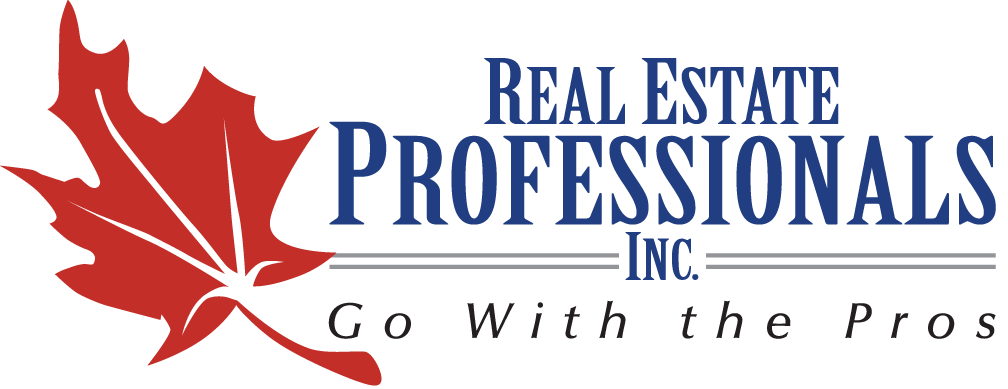How to Create a Real Estate Investment Plan
Investing in real estate is one of the most reliable ways to build wealth over time. Whether you’re just starting out or looking to expand your portfolio, having a solid investment plan is key to achieving success. In Alberta, the province’s strong economy, diverse housing markets, and relatively affordable property prices make it a prime spot for real estate investment. Let’s break down how you can create your own real estate investment plan—step by step.
- Set Your Goals
Before diving into real estate, take some time to clarify your goals. Ask yourself:
- Are you looking for long-term appreciation or short-term cash flow?
- Do you want to invest in residential properties, commercial spaces, or land?
- What’s your timeline for seeing returns?
Knowing your objectives will help you decide what types of properties to focus on and where to allocate your resources.
- Assess Your Financial Situation
Take a good look at your finances. How much capital do you have available for a down payment? Can you handle ongoing expenses like maintenance, property taxes, and potential vacancies? Speak to a mortgage broker to understand your borrowing power and explore financing options available. Programs like the First-Time Home Buyer Incentive or regional grants could also play a role in your planning.
- Research Alberta’s Real Estate Market
Alberta offers a variety of markets, each with its own unique characteristics:
- Calgary: A growing city with a strong job market, diverse communities, and steady demand for rentals.
- Edmonton: Known for its stability, Edmonton’s real estate market is popular among investors seeking consistent returns.
- Smaller towns and rural areas: These can be great for those looking to invest in affordable properties or vacation rentals.
Keep an eye on factors like job growth, population trends, and infrastructure development. The more you know about the local market, the better equipped you’ll be to spot opportunities.
- Build Your Team
Real estate investing is a team sport. Surround yourself with professionals who can guide you through the process:
- Real estate agent: Choose someone with expertise in investment properties.
- Mortgage broker: They’ll help you secure financing.
- Lawyer: Essential for handling contracts and legal matters.
- Accountant: To advise on tax implications and deductions.
- Property manager: If you don’t want to manage tenants yourself.
Working with experienced professionals will save you time, money, and stress.
- Identify Your Investment Strategy
There are many ways to invest in real estate. Some popular strategies include:
- Buy and hold: Purchase a property and rent it out to generate long-term income.
- Fix and flip: Buy a fixer-upper, renovate it, and sell for a profit.
- REITs (Real Estate Investment Trusts): A more hands-off approach where you invest in a company that owns and operates income-generating real estate.
- Short-term rentals: Properties listed on platforms like Airbnb can offer high returns in the right locations.
Choose a strategy that aligns with your goals, financial situation, and risk tolerance.
- Analyze Properties
When you’ve identified a potential property, analyze its profitability. Calculate metrics like:
- Cash flow: Income from rent minus expenses.
- Cap rate: The property’s net operating income divided by its purchase price.
- ROI (Return on Investment): Your net profit as a percentage of your initial investment.
Ensure the numbers make sense before moving forward. Remember, not every property is a good deal.
- Secure Financing
Once you’ve found the right property, secure financing. Alberta’s mortgage market is competitive, so shop around for the best rates and terms. Consider pre-approval to streamline the buying process and strengthen your offer.
- Close the Deal
Work with your real estate agent and lawyer to finalize the purchase. Review all documents carefully, conduct inspections, and ensure you’re aware of any conditions tied to the sale.
- Manage Your Investment
Owning a property is just the beginning. To maximize your investment, stay on top of:
- Maintenance: Keep the property in good condition.
- Tenant management: Screen tenants carefully and respond to their needs promptly.
- Market trends: Monitor the local market to identify when it might be time to sell or refinance.
If you’re not interested in hands-on management, consider hiring a property manager to handle the day-to-day tasks.
- Reassess and Scale
Real estate investing is an ongoing process. Regularly review your portfolio to assess its performance and make adjustments as needed. Once you’ve built some equity and experience, you can look into scaling your investments by purchasing additional properties.
Creating a real estate investment plan in Alberta takes time and effort, but the rewards can be significant. By setting clear goals, doing your research, and building the right team, you’ll be well on your way to growing your wealth through property. Over the years, I have acquired a nice portfolio of rentals which will help secure me through my retirement years. I love to share my property management skills, the ins and outs of dealing with tenants and practical real estate advice to help anyone achieve the same goals.
Remember, every successful investor started with that first step—so why not take yours and call me today! Visit me on Facebook and Google for the latest in real estate trends and news.
![]()

